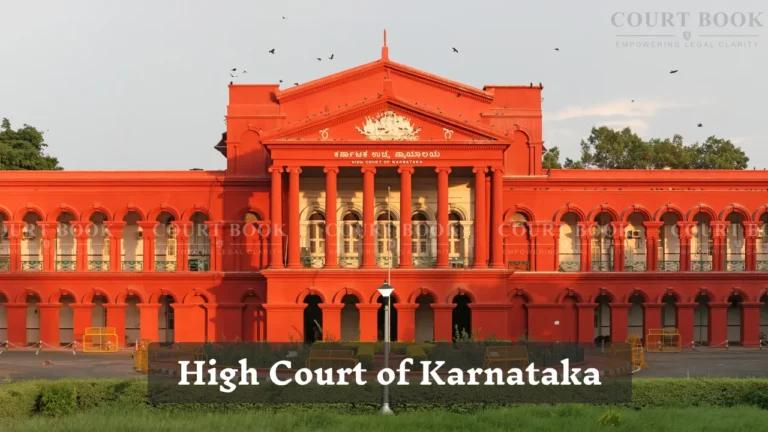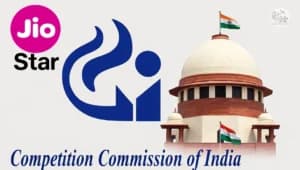The Karnataka High Court has held that Bengaluru’s prestigious Century Club, which stands on a 7.5-acre land granted in 1913 by the then Maharaja of Mysore, qualifies as a “public authority” under the Right to Information Act, 2005. The judgment mandates that the club must comply with RTI requirements and furnish relevant information when requested.
Justice Suraj Govindaraj, delivering the order on July 8, 2025, dismissed the club’s petition challenging a 2018 order by the Karnataka Information Commission. The club had argued that it was not a public authority and thus not bound to share information under the RTI Act. However, the High Court disagreed and upheld the Commission's decision.
Read Also:- Fake 'Supreme Court of Karnataka' Account Shown in Court to Highlight Social Media Misuse
Background of the Dispute
The issue began when S. Umapathy, a resident of Bengaluru, submitted an RTI application to the Century Club in 2012, requesting a certified list of records catalogued and indexed under Section 4(1)(a) and (b) of the RTI Act. The Club responded by stating that it was not a public authority and therefore not obligated to provide the information.
Following this, Umapathy approached the Karnataka Information Commission in 2013, seeking a directive that the Club was indeed a public authority under Section 2(h) of the RTI Act. He argued that the land granted by the Maharaja of Mysore, who was then the head of a princely state, amounted to substantial state funding.
In 2018, the Commission ruled in Umapathy’s favor and directed the Club to furnish the requested details. The Club challenged this ruling in the High Court.
Court’s Observations on Substantial Financing
Justice Govindaraj emphasized that the land grant made by the Maharaja of Mysore in 1913 was not a private gift, but a significant public contribution from the then state authority.
“The grant made in the name of the Maharaja of Mysore would also indicate that it is not the personal property of the Maharaja of Mysore.”
The Court underlined that the entire Club operates from the 7.5-acre land situated next to Cubbon Park and does not own any other land. Every activity of the Club—recreational, sports, entertainment, and leisure—takes place within this premises.
“Thus, without this land, the very existence of the petitioner club would fall into doubt.”
Despite the Club's claim that its operations are funded by member contributions, the Court highlighted that the land itself—if valued in today’s real estate terms—would be worth hundreds, if not thousands of crores, far surpassing any contributions made by members.
Legal Reasoning and Precedents
The Court referred to key judgments, including Thalappalam Service Cooperative Bank Ltd. vs. State of Kerala and DAV College Trust vs. Director of Public Instruction, to interpret the term "substantial financing." It held that both direct and indirect financial assistance, especially in the form of valuable public land, falls under the purview of substantial financing.
“If the valuation of the land of 7.5 acres as on today is taken into consideration, the same would run into hundreds of crores, if not thousands... making the provisions of the RTI Act applicable.”
The Court also rejected the Club’s argument that contributions from members covered operational costs, stating that such internal funds do not negate the historical and substantial nature of the land grant.
The High Court firmly concluded that the 1913 land grant by the Maharaja of Mysore constituted substantial state funding and validated the Karnataka Information Commission's 2018 order. Consequently, the Club was ordered to comply with the RTI request.
Case Title: Century Club vs. S. Umapathy & Another
(Writ Petition No. 13336 of 2018)














